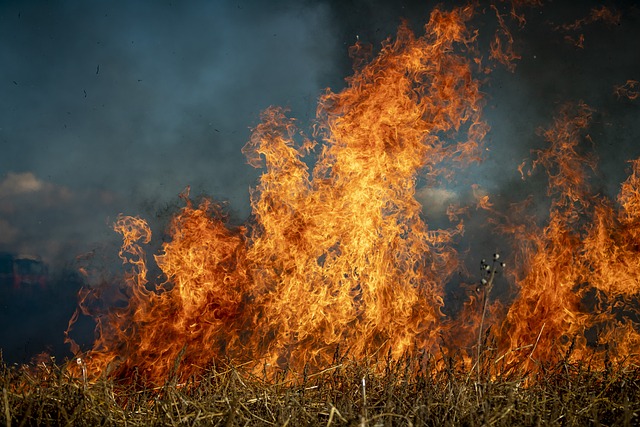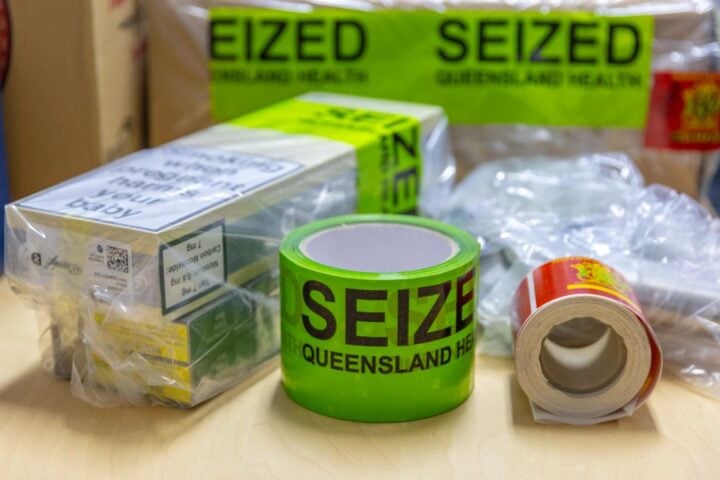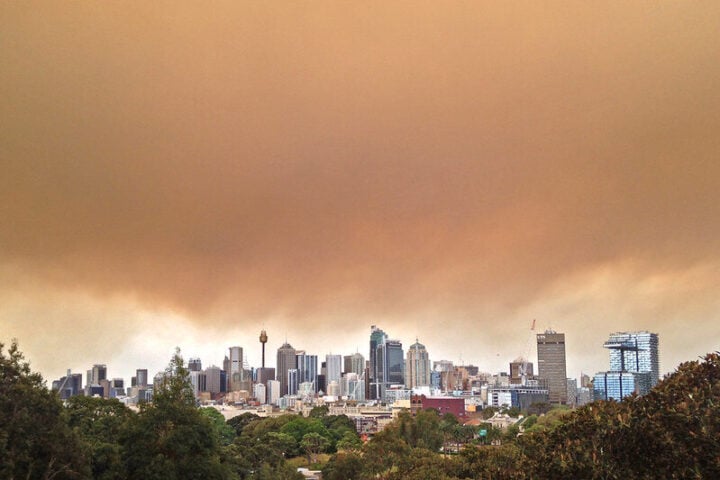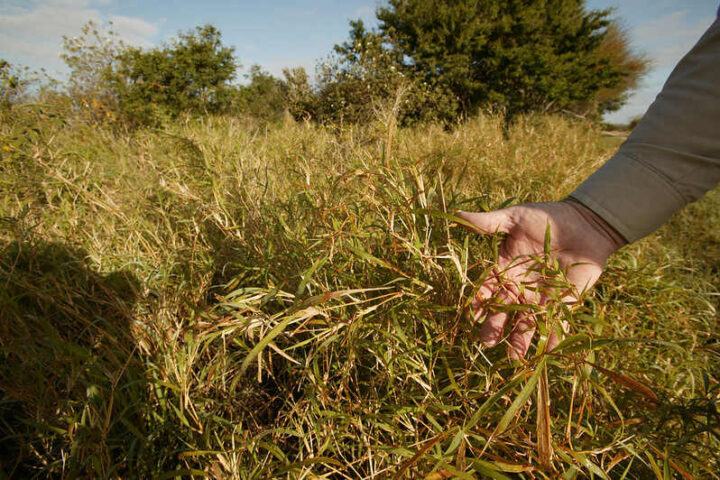Property owners in New South Wales can now access water from nearby streams and rivers without a license during fire emergencies. This change removes a major barrier that once slowed down fire response on private land.
The new rules let landholders store up to 100,000 liters of water each year specifically for fighting fires. Having this water storage ready can make a crucial difference when protecting homes and farms.
“When fire threatens life and property, landholders need fast and easy access to water,” says Acting Water Minister Jodie Harrison. The previous system required water licenses and approvals – time that could be crucial during a fire emergency.
The water isn’t just for active firefighting. Landowners can now use it for fire training and equipment testing, as long as they work with the Rural Fire Service (RFS). This means better preparation before an emergency occurs.
These changes fix a real problem in fire zones. When a landholder spots a fire threat, they can now immediately access water from surface and groundwater sources on their property. Emergency Services Minister Jihad Dib points out this puts more power in local hands when every minute counts.
Similar Posts
The government will track how this works through surveys of landholders. While it’s not required, keeping records of water use helps everyone understand if the new system is working. This monitoring helps ensure the policy meets its intended goals.
For the environment, the yearly limit of 100,000 liters per property strikes a balance. This measured approach allows for effective firefighting while maintaining water resource management.
What’s different now? If a fire threatens, landholders can immediately access water from streams, creeks, and rivers on or adjacent to their property. No water license or water use approval needed. No delays while flames approach.
The timing aligns with summer’s approach. This change in water access rules strengthens local firefighting capabilities. This change gives landholders one less obstacle when responding to fire threats.
Looking ahead, this could change how rural communities handle fire threats. With clear permission to use local water and train with firefighting agencies, property owners can better prepare for emergencies. Having resources ready and permission to use them means faster response times during critical moments.


















